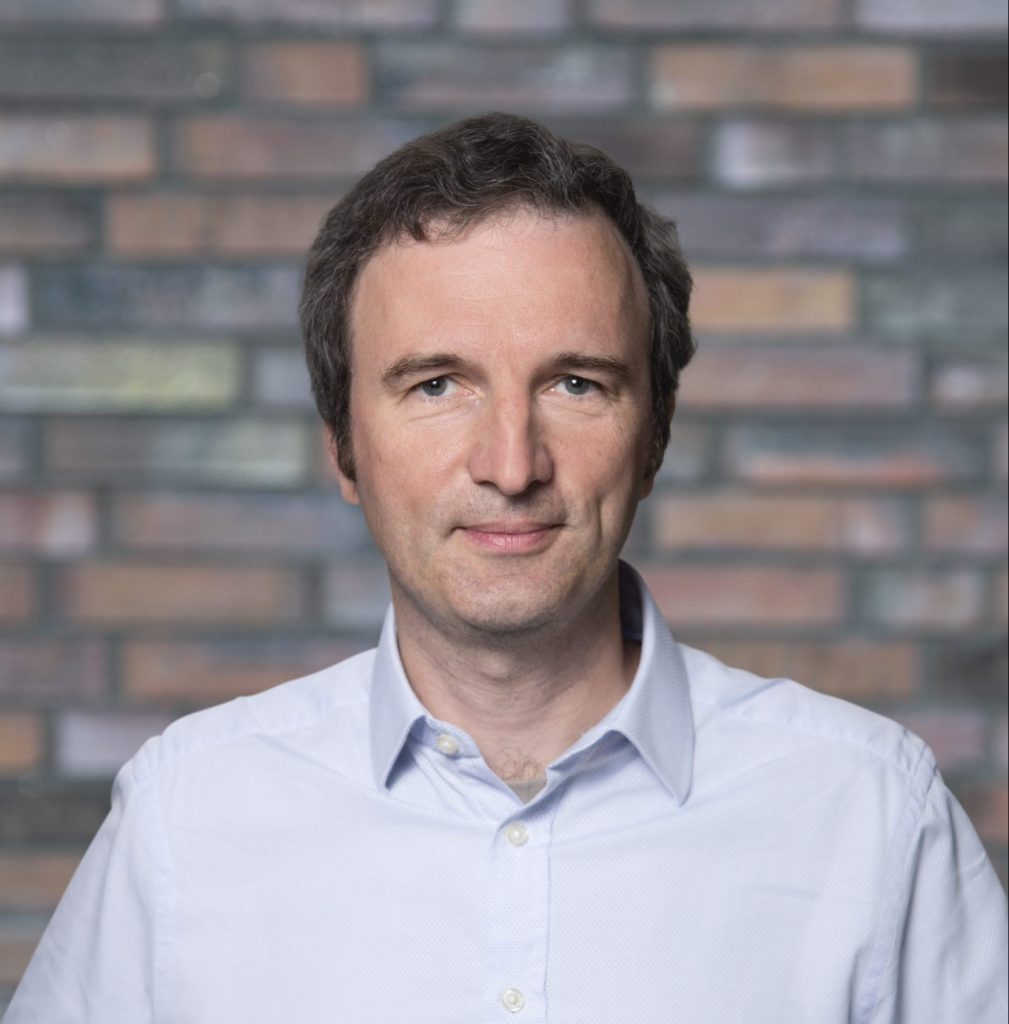ERC Advanced Grant for HITS group leader
Friedrich Röpke, head of the Physics of Stellar Objects group at the Heidelberg Institute for Theoretical Studies, has been awarded a €2.5 million grant, to be issued over a five-year period.
Astrophysicist Friedrich Röpke, head of the Physics of Stellar Objects (PSO) group at the Heidelberg Institute for Theoretical Studies (HITS), has been selected to receive a prestigious scientific grant: The European Research Council (ERC) awarded him an ERC Advanced Grant of €2.5 million for his project ExCEED. Röpke´s proposal is one of only 13.2% of projects that were selected for funding. “We are very happy for Fritz and proud of this success story,” stated HITS Scientific Director Tilmann Gneiting, “because ERC grants reflect high quality research, and now, researchers in six of thirteen groups at HITS work on or participate as beneficiaries in ERC grants.”
Friedrich Röpke studied Physics at the University of Jena and the University of Virginia, Charlottesville/USA, and received his PhD in 2003 from the Technische Universität München. In the following years, he worked as a postdoc at the Max-Planck-Institute for Astrophysics (MPA) in Garching and at the University of California, Santa Cruz/USA. In 2008, Friedrich Röpke became leader of an Emmy Noether research group at MPA. Three years later, he got appointed professor of astrophysics at the University of Würzburg. In 2010, the researcher was awarded the „ARCHES Award“ by the German Federal Ministry for Education and Research together with Prof. Avishay Gal-Yam from the Weizmann Institute, Rehovot/Israel. The award honors young scientists whose work shows great potential to have noticeable impact on their respective fields of research. Since 2015, he has served as Group Leader at HITS and, at the same time, professor of astrophysics at Heidelberg University.
Exploring the enigmatic phase of twin star systems
Friedrich Röpke and his group perform three-dimensional hydrodynamic simulations to improve our understanding of physical processes in stars. In the ExCEED project (“Explaining Common-Envelope Evolution and Dynamics in binary stellar systems“), he explores the enigmatic common-envelope phase in binary stellar evolution: When the primary star in a close binary system evolves into a giant, it can engulf its companion. The core of the giant star and the companion then orbit each other inside a common stellar envelope and transfer orbital energy onto it. Their orbital separation shrinks and the envelope is eventually ejected. This leaves behind a close binary of two stellar cores – the progenitor of many fascinating objects in astrophysics such as supernovae and gravitational-wave emitting mergers of compact objects. Despite its importance for many branches of astrophysics and astronomy, the physical mechanism of this common envelope evolution remains poorly understood, which leads to large uncertainties in the modeling of binary stars. Closing this fundamental knowledge gap in stellar evolution theory is the goal of the ExCEED project.
About the 2022 ERC Advanced Grants
The European Research Council (ERC) is the premier European funding organization for excellent frontier research. Every year, it selects and funds the very best, most creative researchers of any nationality and age to run projects based in Europe.The ERC offers four core grant schemes, with the ERC Advanced Grant supporting established, leading principal investigators to pursue ground-breaking, high-risk projects.
In 2022, the ERC Advanced Grant scheme attracted 1647 proposals, which were reviewed by panels of renowned researchers from around the world. Only 218 (13.2%) were selected for funding. The new grantees are based in 20 countries across Europe, with Germany (36 grants) being the top location. For the Advanced Grants, the EU provides funding worth a total of €544 million.
See the ERC press release for more information: https://erc.europa.eu/news-events/news/erc-2022-advanced-grants-results
Media contact:
Dr. Peter Saueressig
Head of Communications
Heidelberg Institute for Theoretical Studies (HITS)
Phone: +49-6221-533-245
peter.saueressig@h-its.org
Scientific contact:
Prof. Dr. Friedrich Röpke
Physics of Stellar Objects group (PSO)
Heidelberg Institute for Theoretical Studies (HITS)
Phone: +49-6221-533 270
friedrich.roepke@h-its.org
About HITS
HITS, the Heidelberg Institute for Theoretical Studies, was established in 2010 by physicist and SAP co-founder Klaus Tschira (1940-2015) and the Klaus Tschira Foundation as a private, non-profit research institute. HITS conducts basic research in the natural, mathematical, and computer sciences. Major research directions include complex simulations across scales, making sense of data, and enabling science via computational research. Application areas range from molecular biology to astrophysics. An essential characteristic of the Institute is interdisciplinarity, implemented in numerous cross-group and cross-disciplinary projects. The base funding of HITS is provided by the Klaus Tschira Foundation.
